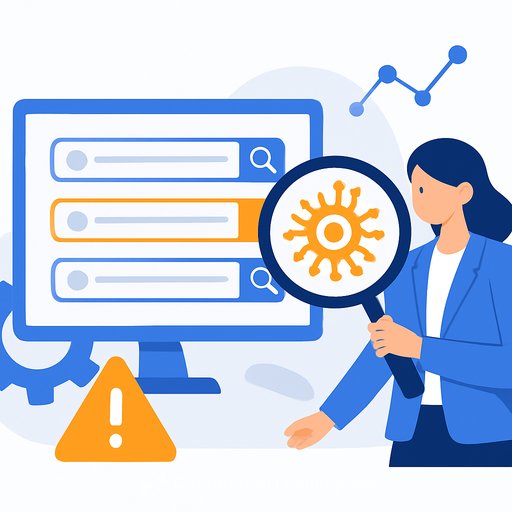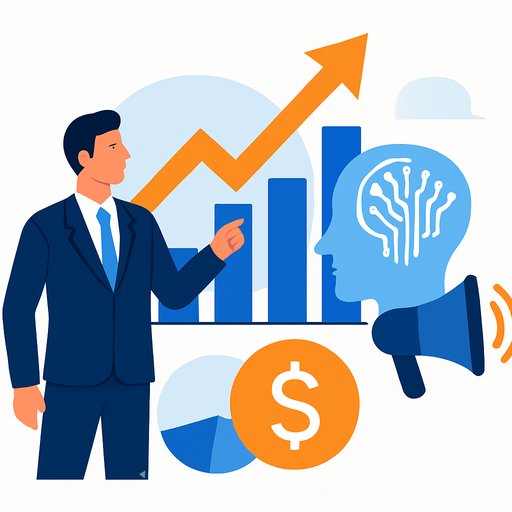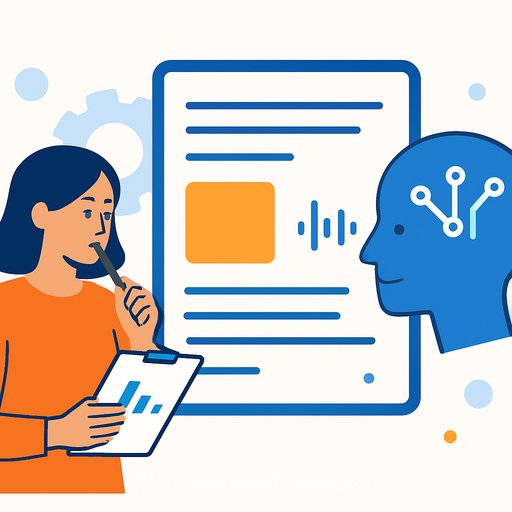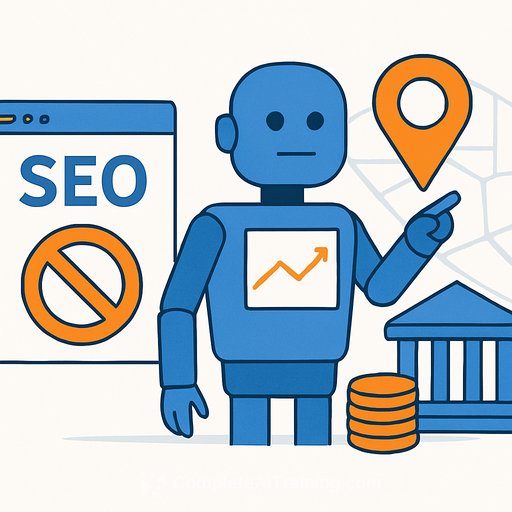3 AI Search Limitations B2B SaaS Marketers Must Plan For
AI search is changing organic strategy, but it has limits that matter for B2B. A recent study from BrightEdge found 68% of brands are changing their search strategies to catch the GEO wave. That's progress, but it's not a full plan.
Here are three places AI search falls short in B2B SaaS and how to close the gaps fast.
1) AI search won't grow awareness for emerging verticals and solutions
Intent-based systems don't create demand. They respond to demand that already exists. That's true for SEO, PPC, and AI search.
There's another constraint: many AI systems lag traditional engines because they rely on them to index first. If you're launching a new product, category, or POV, waiting for AI search to "discover" you slows the initial lift even more.
How marketers can adjust- Use a Trojan horse strategy: attach new concepts to established queries your market already searches for.
- Map adjacent intent: "{New solution} vs {known approach}," "Modern alternative to {legacy tool}," "How to do {familiar job} with {new method}."
- Build bridge assets: comparison pages, migration guides, ROI breakdowns, and "old way vs new way" explainers.
- Activate distribution beyond search: targeted newsletters, partner placements, and community posts to seed demand while search catches up.
2) AI search isn't great at nuanced advice for experts
AI is strong at finding a precise answer in noise (needle problems). It's weak at designing context (haystack problems). B2B buying needs context: budget, stack, workflow, risk, compliance, and stakeholder politics.
Ask "What's the best way to modernize my warehouse?" and you'll get a generic checklist. It won't reflect your size, constraints, or goals. Add ongoing hallucinations and partial sourcing, and the risk multiplies when a buying committee is on the line.
How marketers can adjust- Publish depth assets: role-based guides, calculators, benchmarks, architectures, and integration playbooks.
- Show working: case studies with numbers, timelines, tradeoffs, and the "what we'd do differently" section.
- Triangulate distribution: ensure coverage across LLMs, Google, Reddit, industry listings, and especially owned media.
- Design for stakeholders: CFO one-pagers, security briefs, admin setup guides, and end-user rollout plans.
- Tighten feedback loops: route sales objections into content sprints so your assets stay ahead of real questions.
3) AI search lacks real (and perceived) objectivity
Users often trust traditional SERPs more than AI summaries. One reason: AI answers don't always cite, and when they do, the sources may be the same vendors mentioned in the answer.
People use LLMs to form a fast consideration set, then flip to Google to verify. For B2B, the assets that close still live outside AI summaries: reviews, analyst notes, and case studies with proof.
How marketers can adjust- Stack third-party proof: G2, Capterra, and Google reviews. Systematize review asks post-onboarding and post-success milestones.
- Own your category page narrative: definitions, comparison matrices, and "who this is for / not for."
- Publish case studies with verifiable metrics and named SMEs. Include screenshots, timelines, and cost/impact tables.
- Add structured data to strengthen brand SERP elements and sitelinks that buyers click during validation.
- Create a "Validate Us" hub: trust badges, security docs, SOC2/ISO info, uptime, roadmap, and customer references.
Putting it together: a complete plan beyond AI search
GEO matters. Keep investing. But don't let it carry jobs it can't do yet: creating demand, delivering nuanced guidance, and providing proof.
- Use GEO for quick answers and mid-funnel discovery.
- Use SEO for persistent coverage, intent capture, and validation journeys.
- Use owned and community channels to seed demand and context your buyers can trust.
- Instrument everything: track LLM prompts you hear on calls, map them to pages, and monitor what buyers check before they convert.
Bottom line: plan for AI search, but build the rest of the system that wins the deal.
If your team needs practical upskilling on AI for marketing, explore this certification: AI Certification for Marketing Specialists.
Your membership also unlocks:






